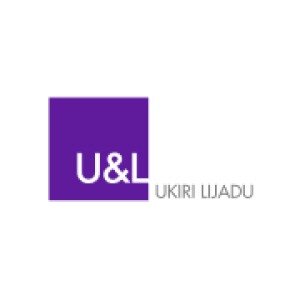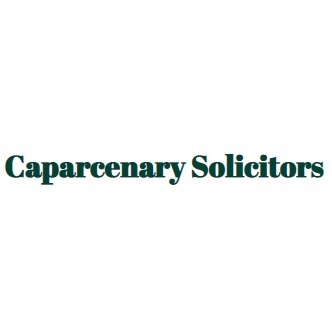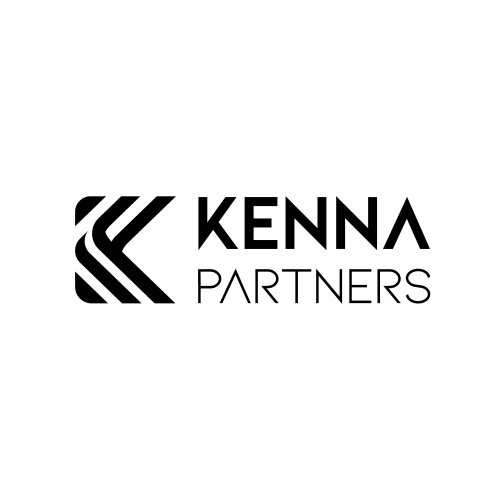Best Nonprofit & Charitable Organizations Lawyers in Lagos
Share your needs with us, get contacted by law firms.
Free. Takes 2 min.
List of the best lawyers in Lagos, Nigeria
Legal guides written by Adeola Oyinlade & Co:
- Procedure and Requirements for Work Permit and Visas in Nigeria
- The Step-By-Step Procedure of How to Apply for Microfinance Bank License Online in Nigeria
- How to Ensure the Smooth Recognition and Enforcement of Foreign Judgments in Nigeria
About Nonprofit & Charitable Organizations Law in Lagos, Nigeria
Lagos, Nigeria, is a vibrant city with a plethora of nonprofit and charitable organizations operating across various sectors such as health, education, and human rights. Nonprofits in Lagos are primarily regulated by the Companies and Allied Matters Act (CAMA) 2020, which provides the legal framework for the registration and operation of nonprofit entities, known locally as NGOs or Incorporated Trustees. These organizations aim to promote charitable causes without distributing profits to members, thus necessitating a comprehensible legal structure to maintain transparency and accountability.
Why You May Need a Lawyer
Seeking legal assistance in the realm of non-profit and charitable organizations is crucial for several reasons. First, establishing a nonprofit in Lagos involves complex legal procedures that require a thorough understanding of the regulatory landscape. Legal expertise can help navigate the registration process effectively. Additionally, nonprofits often require legal advice on compliance issues, drafting foundational documents such as constitutions and trust deeds, and addressing governance challenges. Furthermore, lawyers can assist in resolving disputes within the organization or with external parties, ensuring that the entity operates within the legal boundaries.
Local Laws Overview
The regulatory environment for nonprofits in Lagos, Nigeria, involves several key components:
- Incorporation: The CAMA 2020 contains provisions for the incorporation of NGOs as Incorporated Trustees, involving requirements such as trustees' details, objectives, and governmental consent.
- Taxation: Nonprofits may be eligible for tax exemptions; however, they need to apply specifically for such status with the Federal Inland Revenue Service (FIRS) under Nigerian law.
- Financial Reporting: Nonprofits must maintain transparent financial records and provide annual returns to the Corporate Affairs Commission (CAC) to ensure compliance and accountability.
- Licensing and Permits: Depending on their areas of work, certain nonprofits may require additional licenses or permits from relevant governmental bodies, impacting their operations.
Frequently Asked Questions
1. What is the first step to starting a nonprofit in Lagos?
The initial step is to decide on the mission and objectives of the nonprofit. Following this, you need to incorporate the organization as Incorporated Trustees with the Corporate Affairs Commission (CAC) in Lagos.
2. Are nonprofits in Lagos required to pay taxes?
Nonprofits may qualify for tax exemptions; however, this is not automatic. They must apply for exemption through the Federal Inland Revenue Service (FIRS) by fulfilling specific requirements.
3. How long does it take to register a nonprofit?
The registration process timeframe can vary, generally ranging from a few weeks to months, depending on the thoroughness of the application and the workload of the Corporate Affairs Commission (CAC).
4. Can a foreigner establish a nonprofit in Lagos?
Yes, foreigners can establish a nonprofit in Lagos, but they may face additional legal requirements and scrutiny from immigration and regulatory authorities.
5. What legal documentation is necessary for a nonprofit?
Essential documents include a constitution or trust deed, details of trustees, objectives of the organization, and the application form for incorporation.
6. Can a nonprofit engage in commercial activities?
Yes, nonprofits can engage in commercial activities, provided that the profits are utilized to further their charitable objectives and not distributed among members.
7. How are nonprofits governed?
Nonprofits are governed by a board of trustees or directors, who are responsible for making key decisions and ensuring that the organization adheres to its mission and legal requirements.
8. What happens if a nonprofit fails to comply with legal requirements?
Non-compliance may result in penalties, including fines, revocation of registration, or legal action by regulatory authorities.
9. Are there specific areas of work where nonprofits face more regulation?
Yes, nonprofits involved in healthcare, education, and human rights may encounter more stringent regulations that require specific permits or licenses.
10. Is it necessary to renew the registration of a nonprofit?
No, registration as Incorporated Trustees is ongoing, but nonprofits must file periodic returns and reports to maintain good standing.
Additional Resources
For those seeking more information or assistance, consider reaching out to these resources:
- Corporate Affairs Commission (CAC): The regulatory body responsible for nonprofit registration and compliance.
- Federal Inland Revenue Service (FIRS): For guidance on tax-related matters for nonprofits.
- Nigerian Network of NGOs (NNNGO): A coalition that supports the nonprofit sector in Nigeria by providing resources and advocacy.
- Legal Aid Council of Nigeria: Offers legal support and advice for organizations in need.
Next Steps
If you need legal assistance in establishing or managing a nonprofit in Lagos, consider taking the following steps:
- Conduct thorough research on your specific legal needs related to nonprofit activities.
- Contact a lawyer or legal consultant who specializes in nonprofit law within Lagos.
- Prepare all necessary documentation and details about your organization's objectives, structure, and governance for legal review.
- Engage with relevant governmental bodies to ensure compliance and obtain any required permits or licenses.
- Utilize additional resources and networks within Lagos to stay informed about changes in the legal landscape for nonprofits.
Lawzana helps you find the best lawyers and law firms in Lagos through a curated and pre-screened list of qualified legal professionals. Our platform offers rankings and detailed profiles of attorneys and law firms, allowing you to compare based on practice areas, including Nonprofit & Charitable Organizations, experience, and client feedback.
Each profile includes a description of the firm's areas of practice, client reviews, team members and partners, year of establishment, spoken languages, office locations, contact information, social media presence, and any published articles or resources. Most firms on our platform speak English and are experienced in both local and international legal matters.
Get a quote from top-rated law firms in Lagos, Nigeria — quickly, securely, and without unnecessary hassle.
Disclaimer:
The information provided on this page is for general informational purposes only and does not constitute legal advice. While we strive to ensure the accuracy and relevance of the content, legal information may change over time, and interpretations of the law can vary. You should always consult with a qualified legal professional for advice specific to your situation.
We disclaim all liability for actions taken or not taken based on the content of this page. If you believe any information is incorrect or outdated, please contact us, and we will review and update it where appropriate.

















